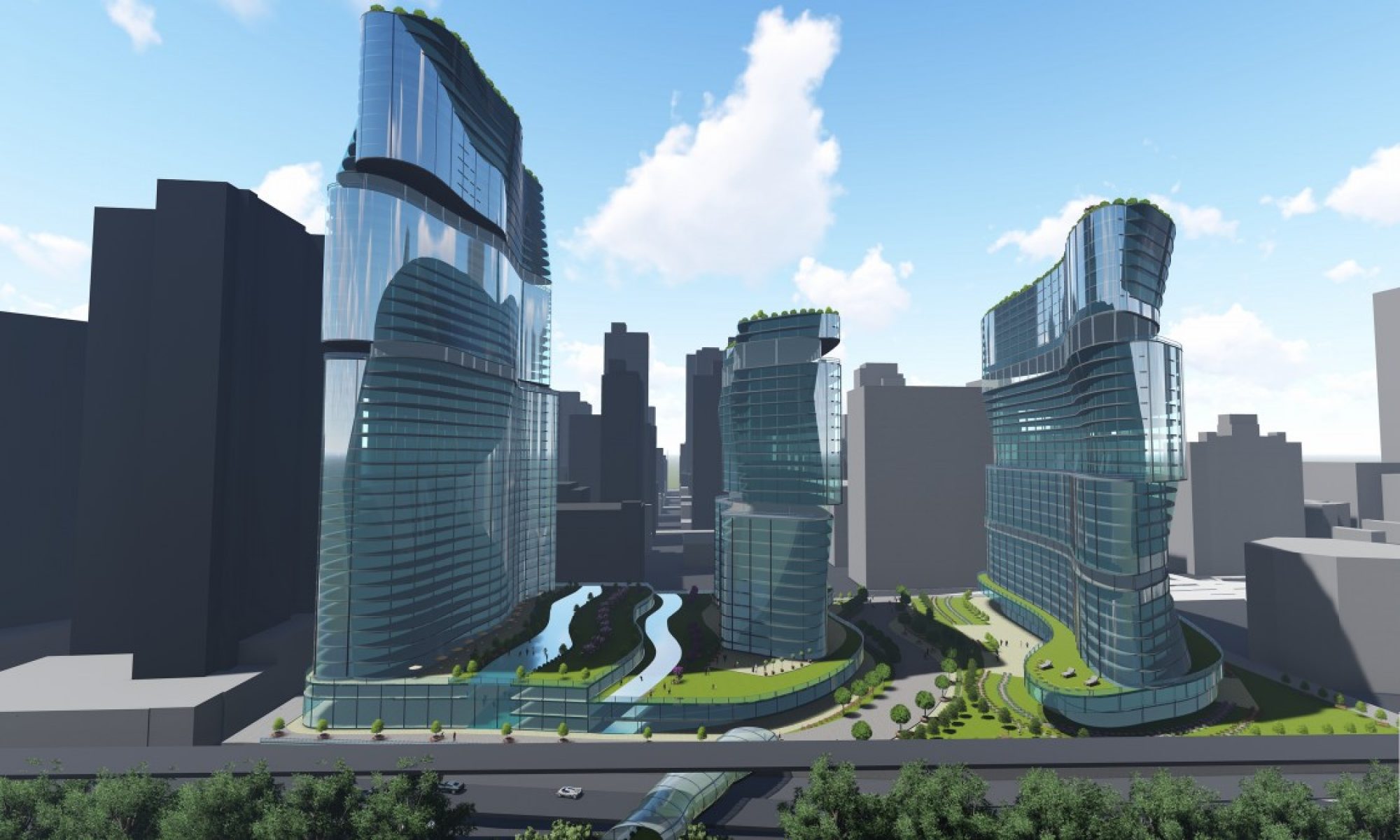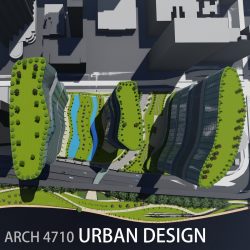01 – Presentation from selected readings
Book: Design of Cities: Revised Edition, (Paperback) by Edmund N. Bacon, Penguin Books, ISBN 0140042369. Students must keep up with assigned readings. There will be quizzes after every assigned reading.
Selected Readings:
The Growth of Greek Cities (pp. 67-84)
Rome / Hadrian’s Villa (pp. 83-83, 84-97)
Medieval Design (pp. 93-105)
Design of Baroque Rome (pp. 131-137)
Development of Paris (pp. 186-195)
John Nash & London (pp. 200-214)
Washington DC (pp. 219-223)
20th Century: Le Corbusier, Chandigarh (pp. 228-241)
Brasilia
Dubai
Copenhagen
Hong Kong
Singapore
02 – Presentation on Urban Space Analysis
Objective:
Visit your “Public Space” in teams of two. Research historical precedents, analyze your experience, and document the area using photos, sketches, study models and diagrams.
Presentations must include the following:
- Individual PowerPoint presentation
- Research background and historical information about the public space area
- Analyze material from all of your activities regarding the site: site visit, research, drawings, sketches, photographs, observations and put together a presentation about the public space.
- Show your understanding of the design and how the design influences cultural and social interaction at the site.
- Grade your public space
Analysis Locations:
- Battery Park City
- Cooper Union Foundation & Academic Building / Cooper Square Hotel
- Columbus Circle & Time Warner Building
- Ford Foundation & Tudor City
- Madison Park & One Madison Park Tower
- Bryant Park & Bank of America Tower
- High Line / 23 HL / Standard Hotel
- WTC / Sunken Plaza, Museum, Transportation Hub (Calatrava)
- Lincoln Center
- Citicorp Center at 53rd Street
- Seagram Building and Lever House
- Times Square
- Via Verde
- Via 57th West
- Hudson Yards
- Cornell Campus at Roosevelt Island
03 – Presentation on a Case Study Building
Objective:
In this exercise you will work in teams of two. The focus of the analysis will be to contrast and compare two large scale buildings and to document what in your opinion is successful or unsuccessful about each. You can choose two buildings from the list below.
Your analysis and documentation should focus on the following:
Urban Relationships
- Setting in the city
- Public / Private
- Structuring of the space
- Entry sequence each use
- Circulation / Core
Formal Analysis
- Formal composition
- Orders
- Relationships
- Style
- Metaphor
Physical Characteristics
- Use of material
- Use of vegetation
- Water elements
- Impact of Orientation
- Relationship of neighboring landmarks
Energy Innovations
- System in use
- Water & Energy reduction
- Material use
- Shading strategy
- Response to climate for massing
Minimum Presentation requirements:
- Site plan with context
- Lobby floor with core shown
- Typical office floor with core shown, provide overall dimensions and dimensions from core to outer wall
- Typical residential floor with core shown, provide overall dimensions and dimensions from core to outer wall
- Detailed Elevations
- Detailed Sections
- 3D Images
- Photographs
Your analysis will also contain diagrams and text discussing the required documentation
Presentation Format:
Projector
Atriums
- The AT&T Building, Manhattan NY, Philip Johnson / Architect
- Trump Tower, Manhattan, NY, Der Scutt / Architect
- The IBM Tower, Manhattan NY, Edward Larabee Barnes / Architect
- The Ford Foundation, Manhattan NY
- The City Corp Tower, Manhattan NY
- The Graduate School of Business, Chicago IL, Rafael Vinoly
- The Hearst Building, Manhattan NY
- Park Avenue Atrium, 45th street between Park and Lexington
Mixed Use
- Turning Torso, Calatrava, Malmo Sweden
- The Time Warner Building, Columbus Circle, NY
- CCTV Central Chinese Television Tower, Beijing, Rem Koolhaus
- World Trade Center proposal, NY, Daniel Libeskind
- Elephant and Castle Eco Towers, London, Kenneth Yeang
- Kowloon Station Tower, Hong Kong, KPF
- “vertical village”, designed by the Rotterdam-based Office for Metropolitan Architecture and Buro Ole Scheeran
- Marina Bay Sands / Safdie Architects
Office Towers
- The New York Times Building, Manhattan, NY, Renzo Piano
- IAC Building, Frank Gehry, 19th street, NY
- Swiss RE, London, Norman Foster
- The IBM Building, Subana Jaya, Malaysia, Kenneth Yeang
- 122 Leadenhall, London, Richard Rogers
- Conde Nast Building, 42nd Street, NY, KPF
- One Bryant Park, 113W 42nd Street, NY, Fox + Cook Architects
- Agbar Tower / Torre Agbar, Barcelona, Jean Nouvel Architects
Residential Towers
- One Madison Park
- Washington Square NYU housing, Manhattan, NY
- Waterside, 23rd Street and the East River
- Richard Meier Towers, Perry Street & the West Side Highway, NY
- Marina City, Chicago
- Sky Tower, London, Barfield Marks
- Industrial Housing System, Korea, Richard Rogers Partnership
- The Dillon / NYC
- MOMA Residential Towers, 53rd Street between 5th& Madison
- Via Verde
- Via 57th West




